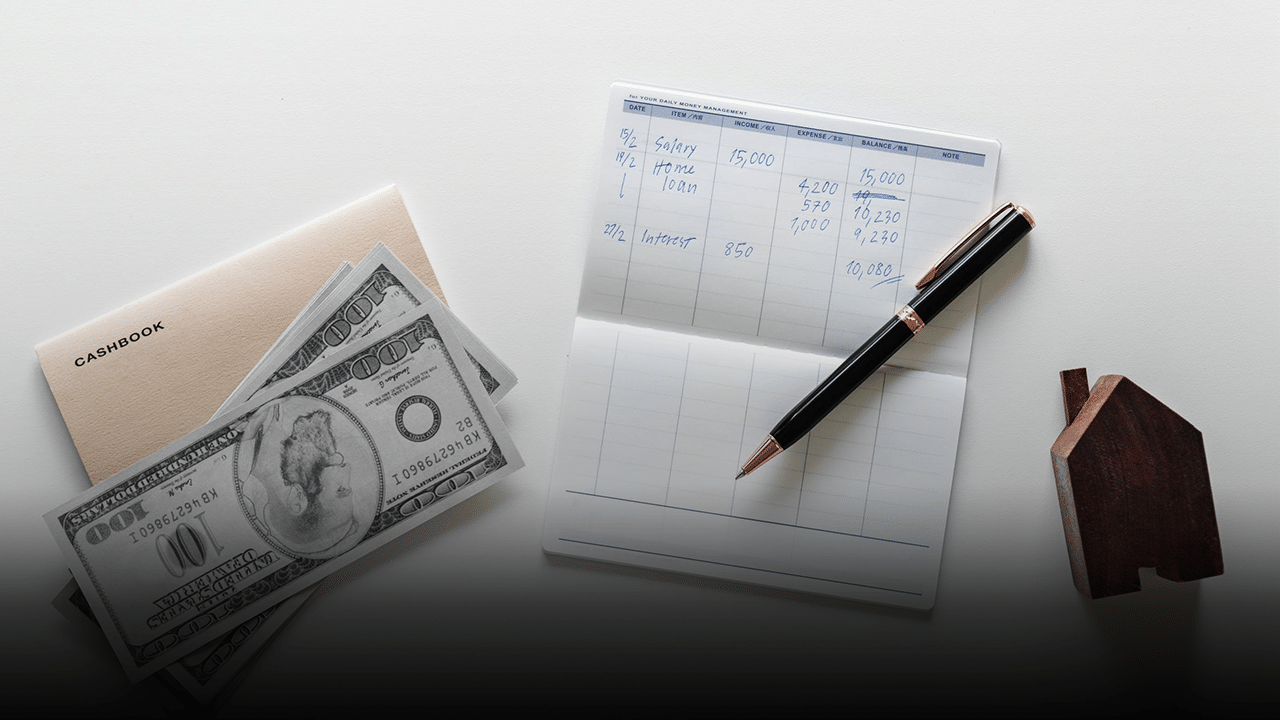A smart, strategic budget is the best start towards long-term wealth building.
Many agents sell a lot of real estate, but they don’t necessarily have a lot of personal wealth. Why is this?
A look at the life and budget of broker Hal Sousa provides at least one answer.
From Dishwasher to Top Producer
Growing up without much money, Hal Sousa was used to managing the little that he had. He lived within his means and stuck to a strict budget. Soon, he went from being a dairy farmworker and restaurant dishwasher to the owner of seven investment properties.
From there, he became a highly successful real estate agent. On top of his commission income, the passive income from his rental properties now funds his flipping business.
Like all of our coaching clients at ICC, Sousa understands the importance of setting specific and measurable goals. Last year, he purchased 34 investment properties, and this year his target is to purchase 60.
Clearly, Sousa is a man of many talents. His main superpower, however, is his ability to strategically budget.
VIDEO: Hal Sousa and Brian Icenhower talk strategic budgets and living the American Dream.
Wealth-Building: Beyond the Basic Budget
Most real estate agents understand the basics of budgeting:
- Estimate your annual gross commission income (then divide by 12 to establish a budget total)
- Identify your fixed monthly expenses (mortgage, utilities, insurance, food, etc.)
- Subtract fixed expenses from budget total to determine your discretionary expenses (social events, vacations, gifts, etc.)
However, what most agents don’t realize is that a basic budget is not a wealth-building plan.
Identifying your discretionary and non-discretionary expenses is crucial. But the money left over when fixed expenses have been accounted for is available for investing as well as spending.
Furthermore, if you haven’t budgeted for income taxes, you’re in for a huge headache come April 15th.
Setting up a tax savings account and an investment account are the best things you can do today to start building wealth.
The Tax Savings Account
Tax day is a nightmare for most real estate agents, but it doesn’t have to be.
Every month, allocate a certain percentage of your income towards yearly taxes. Setting aside 25%-30% of your income is typical. An accountant can help you determine what’s right for you.
Your tax account should have enough funds to cover both federal and state income taxes. Likewise, remember that you won’t only be paying income tax. Real estate agents are among those required to pay Self-Employment Tax, similar to the Social Security and Medicare Taxes withheld by an employer.
If you get a tax refund, don’t run out and spend it all at once. Instead, transfer it into an investment account and turn it into more money.
The Investment Account
An investment account is a key component in achieving prosperity and financial security.
An investment budget separates fixed monthly expenses and discretionary spending money from money you set aside for investing.
At ICC, we emphasize that what is measured and tracked tends to grow. Tracking your daily contact calls increases your conversation rates. Similarly, tracking your expenses and knowing your budget inside out leads to increased wealth over time.
People who have an investment account tend to save more because they’re highly aware of their financial habits and are more likely to invest those savings rather than wasting them on unnecessary luxuries.
Treat your investment allocation like a payment, the same as a utility bill.
This simple habit creates massive motivation to generate more business and increase the percentage of earnings allocated to the investment account.
Better yet, if your investment account is going towards ventures that create passive income, that will increase the amount of money you can play with as a reward for your discipline and efforts.
- How Real Estate Teams Use Youtube to Get Clients
- Dwell Time – How Realtors Increase Facebook Visibility (Instagram too!)
- How Realtors Can Justify Buyer Agent Commission
- Why Realtor Networking Ideas Don’t Work!
- The Key to Replacing Yourself in Real Estate



















